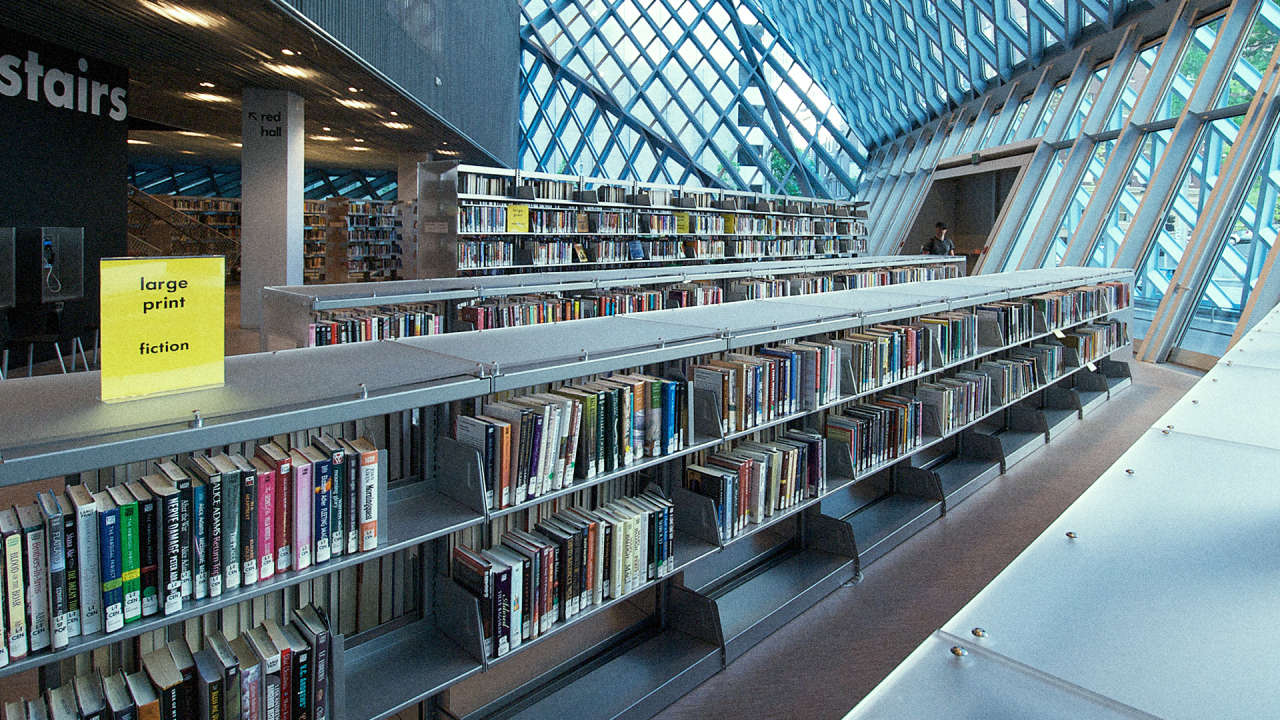Clean Energy Is Approaching a Tipping Point
The cost of renewables is plunging faster than forecasters anticipated just a few years ago as as technologies like gigantic wind turbines arrive on the market.
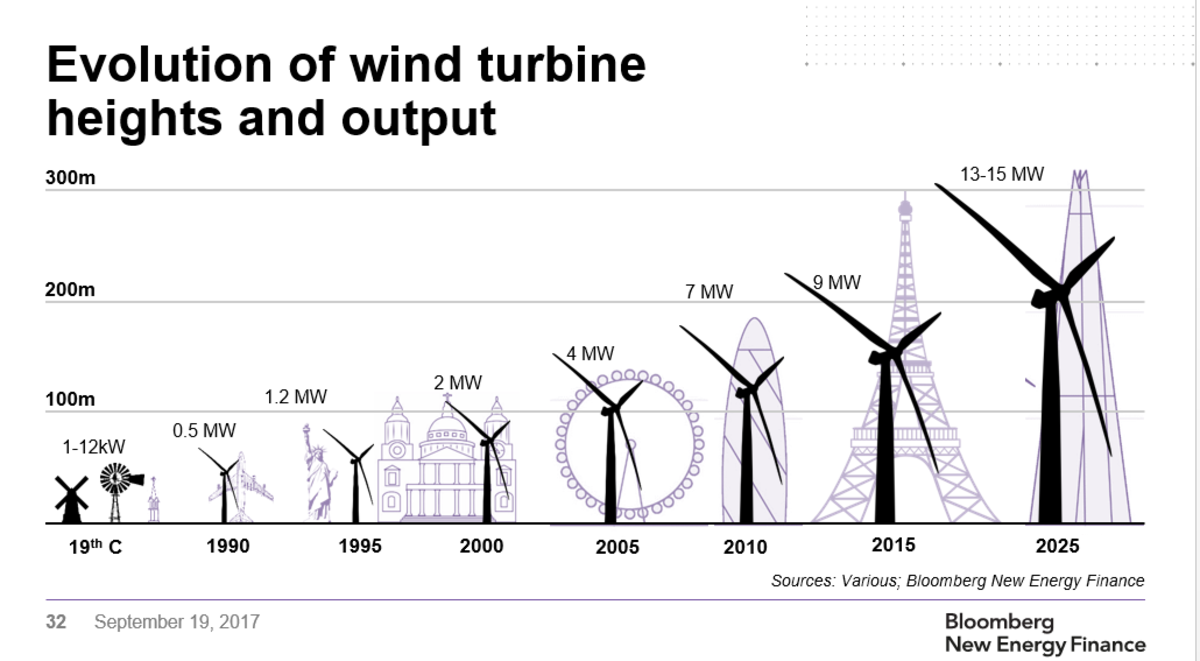
Send us a link
The cost of renewables is plunging faster than forecasters anticipated just a few years ago as as technologies like gigantic wind turbines arrive on the market.

Combining the minds of humans and machines to avoid confirmation bias.
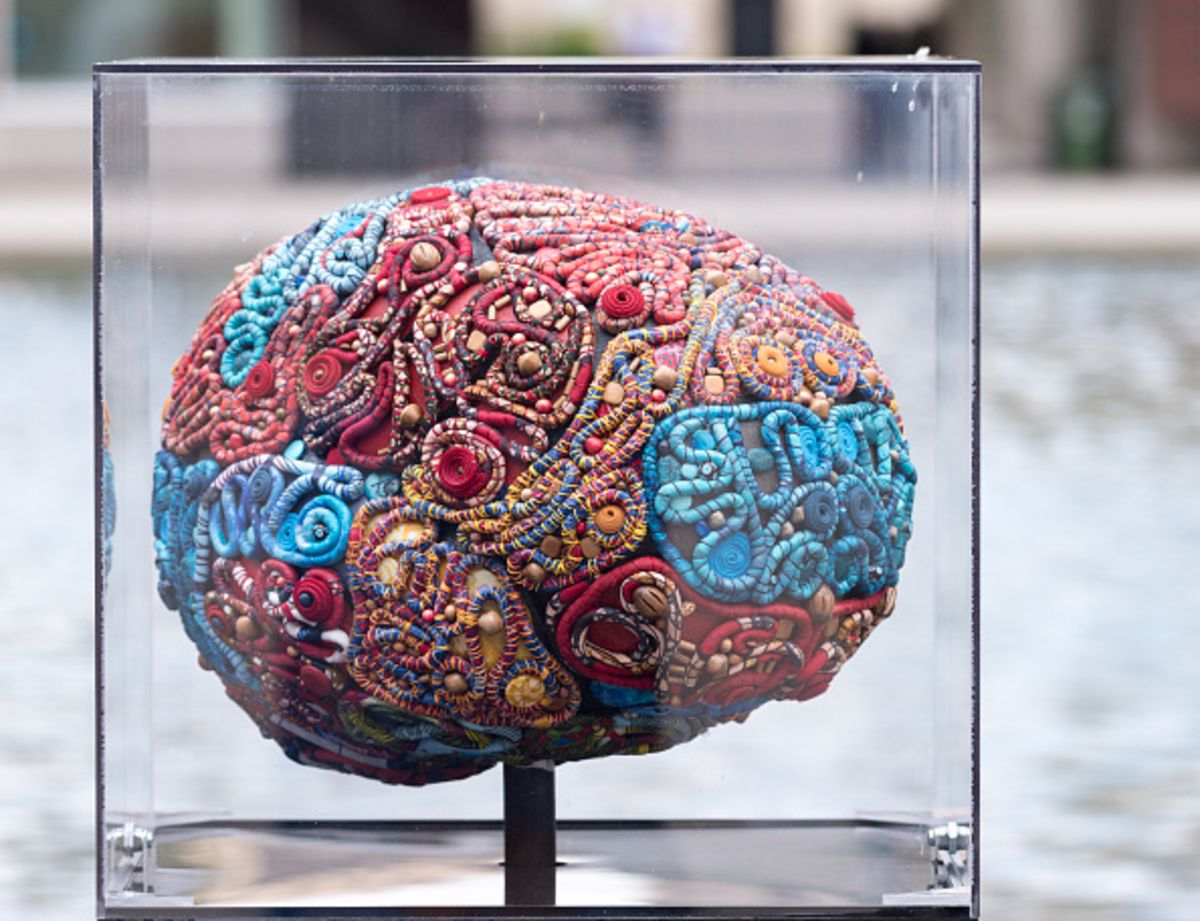
A collection that explores recent developments and debates in the UK and internationally, offering varied perspectives on the future of research assessment.
Every year, disasters impact human lives and take a significant economic toll. Science plays a key role in reducing disaster risk and mitigating impact.
To predict what research will be transformative, a crystal ball might be your best option.

Emerging models of peer review from a range of disciplines and venues, and to ask how they might address some of the issues with our current systems of peer review.
This Perspective article argues that universities should take action to support open scholarship that benefits society and to return to their core missions of knowledge dissemination, community engagement, and public good.
Hindawi’s CEO, Paul Peters, explains the problems inherent in proprietary solutions for Open Science infrastructure and presents a proposal for how things can be done differently.
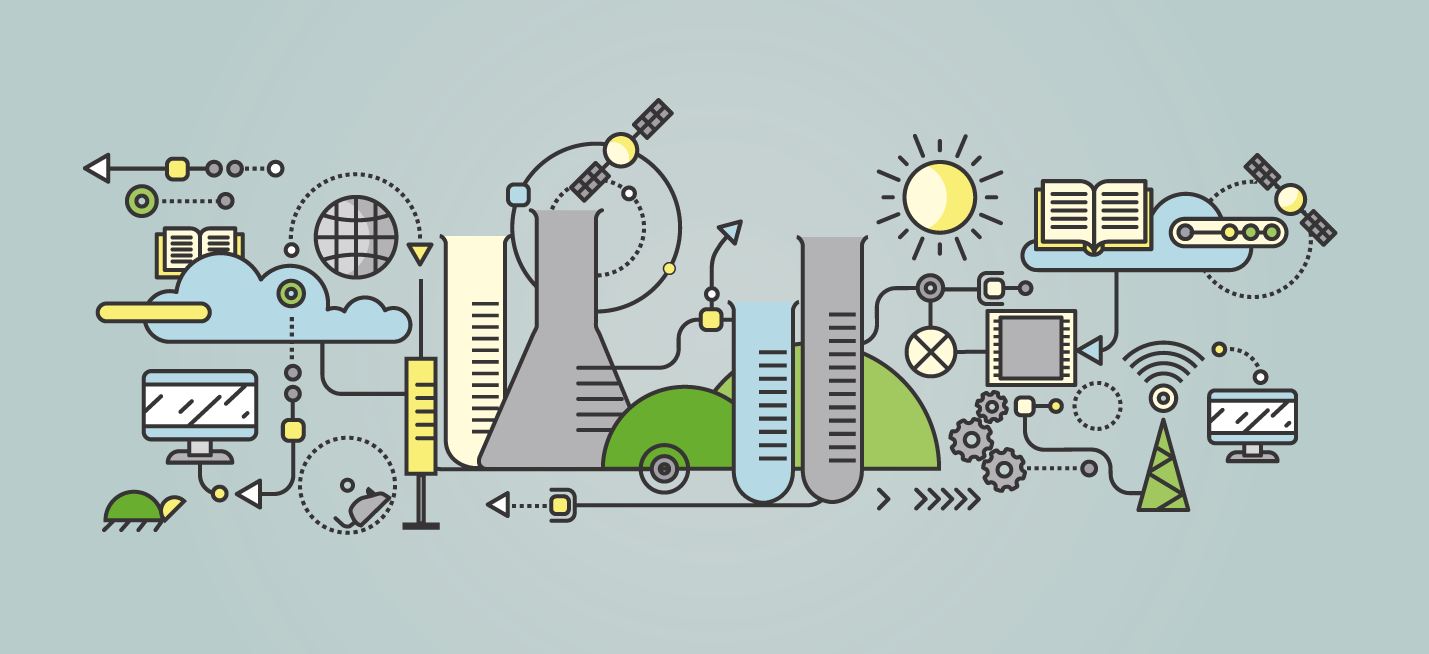
Imagine a connected online web of scientific knowledge… tightly integrated with a scientific social web that directs scientists’ attention where it is most valuable, releasing enormous collaborative potential.

Global comparisons of previous social and economic upheavals suggest that what is to come depends on where you are now, argues Robert C. Allen.
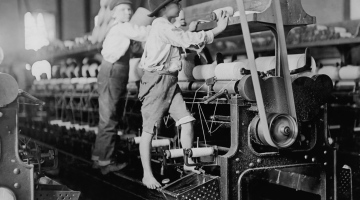
John Giannandrea, who leads AI at Google, is worried John Giannandrea, who leads AI at Google, is worried about intelligent systems learning human prejudices.about intelligent systems learning human prejudices.

Once again, the term "open" requires further thought to probe the pros and cons. With open source, we may be once again doing things that make the big bigger and the small less relevant.
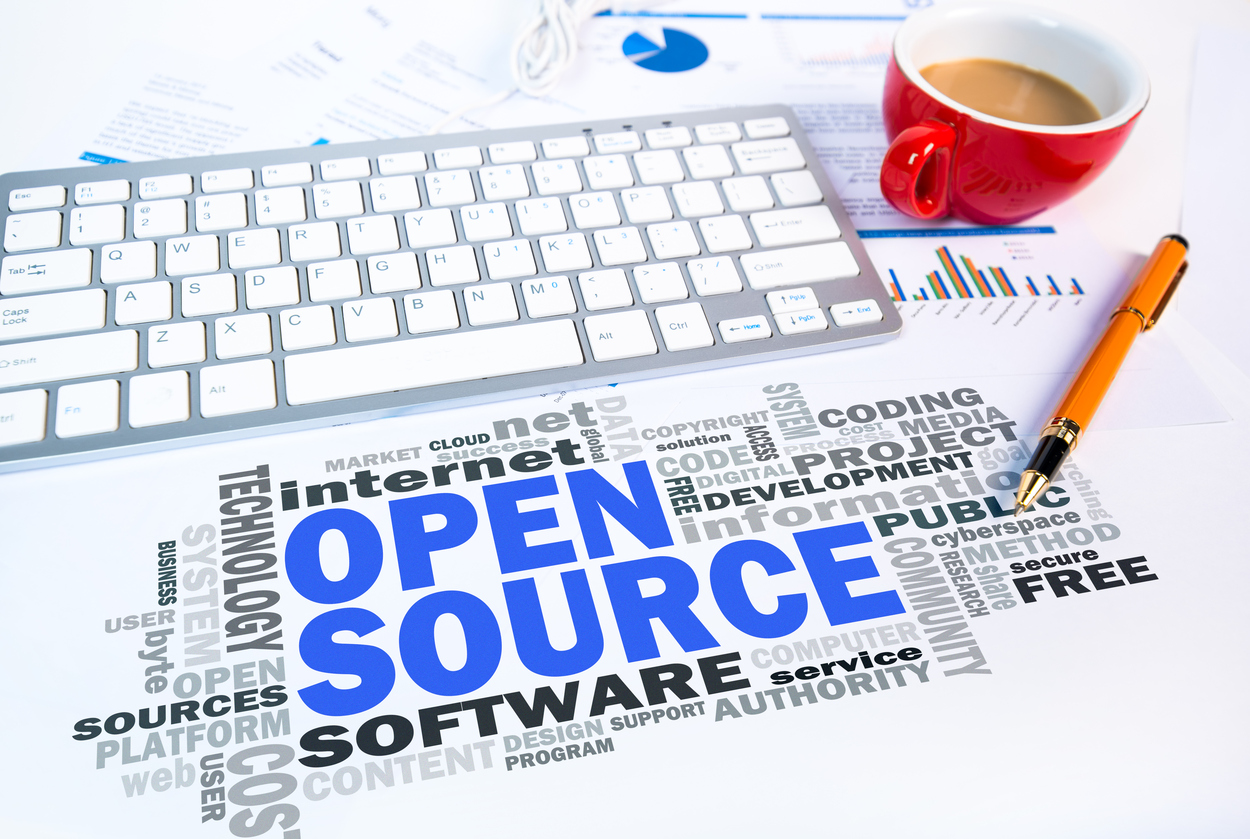
As journals move away from print formats and embrace web-based content, design-centered thinking will allow for engagement of a larger audience.
After almost two decades, these developments give hope that scholarly articles will finally be freed from their paywalls.
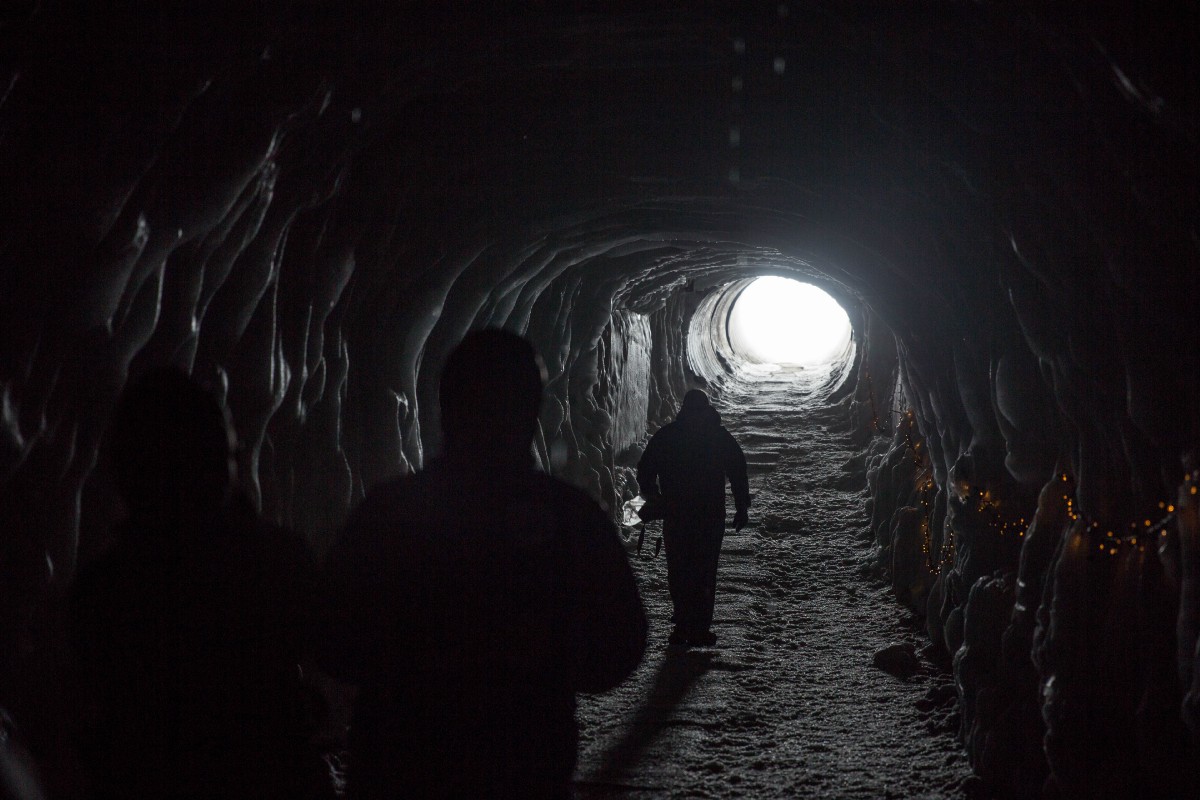
When you think of innovation, you also may think of patents and profits. But two Swiss researchers argue that we should be focusing more on people and places.
Whatever the future may hold, hyperloops, Mars or otherwise, it is the culture of research that will support our world-class researchers to deliver at their best.

A lack of recognition for the value of failure holds back creative risk-taking in science.

Greater collaboration leading to the growing informal use and exchange of free material between researchers.

It’s very far from perfect, but major changes for the better are underway.

Libraries can survive these times of technological upheaval, but they’re going to have to change–and fast.
